[dropcap]A[/dropcap]fter the deportation of Miguna Miguna to Canada, there have been myriads of sentiments and views on citizenship. At the heart of all these is the question of citizenship, how it is acquired and how it is lost. The legality of the steps taken by the government to deport Miguna is currently a matter before competent court of law and in due course we will have a verdict.
In very simple terms, a citizen is a member of a particular country and has rights either by being born there or after being given such rights by law. Such a person is recognised internationally as a citizen of such a country and is returnable to such a country. The Kenyan constitution of 2010 in chapter 3 addresses the citizenship issue. Additionally, the Kenya Citizenship and Immigration Act 2011 in sections 23 and 23 addresses the rights and duties of a citizen. We shall discuss these in details in subsequent write-ups but before then, let me briefly look at how citizenship is acquired or lost in Kenya.
Broadly speaking, citizenship laws can be classified as jus sanguinis or jus soli. These are Latin terms referring to how citizenship is acquired. Jus soli means law of the soil or birthright citizenship. What that system means is that where one is born determines their citizenship by birth. Many countries follow this law that entitles every child born within their borders to be a citizen by birth.
A good example here is the United States of America. Every child born in the US is a citizen by birth automatically regardless of the citizenship of their parents. Other countries in this cluster include Brazil, Argentina, Canada and Pakistan to mention a few.
On the other hand, jus sangunis or ‘right of blood’ is a system where one acquires citizenship through parentage or ancestry. Unlike jus soli, where you are born is not a factor here because citizenship flows from your parents. In this system, most laws accept either one or both parents.
Thus as long as one of the parents is a citizen then the child becomes a citizen by blood.
Kenya and many European countries are jus sangunis system meaning that our citizenship by birth flows from our parents. This is the justification that Miguna Miguna is, for instance, using to argue that Kenyan citizenship is his birthright.
Under the old constitution, Kenya did not allow dual nationality for persons above 23 years.
One was required to renounce the other citizenship and swear allegiance to Kenya before their 23rd birth day and failure to do so meant that one automatically lost the Kenyan citizenship. The people of Kenya in exercise of their sovereign will changed that in the constitution of Kenya 2010 by allowing dual/multiple nationality. They also made it clear that Kenyan citizenship by birth cannot be lost permanently whatever the case.
To ensure that those that had previously lost their citizenship were restored, the constitution provided for all of them to regain subject to applying for the same in accordance with the Constitution and the law. Important to say is that the language of the constitution is such that upon application one should be given…the government has no option but to restore such a citizen’s birth right.
Revoking citizenship
Under Kenyan laws, citizenship is either acquired by birth of by registration as the case may be. Unlike citizenship by birth, the one acquired through registration can be lost voluntarily or by law. A Kenyan by registration can renounce such citizenship in the prescribed manner and cease to be Kenyan permanently. The government too can revoke citizenship by registration in accordance with the constitution and the law and such citizenship shall be lost permanently.
It is important to state is that children of Kenyan citizenship by registration are Kenyan by birth if at the time of their birth either of their parent had been registered as a citizen. It does not follow that if one is citizen by registration then their children are also citizens by registration… all that matters is that at the time of their birth one of the parent or both are Kenyan.
Citizenship issues are broad and complex for many people to understand but in this column I will endeavour to explore all the angles around this to simplify citizenship issues to our readers. Watch out for the next article.

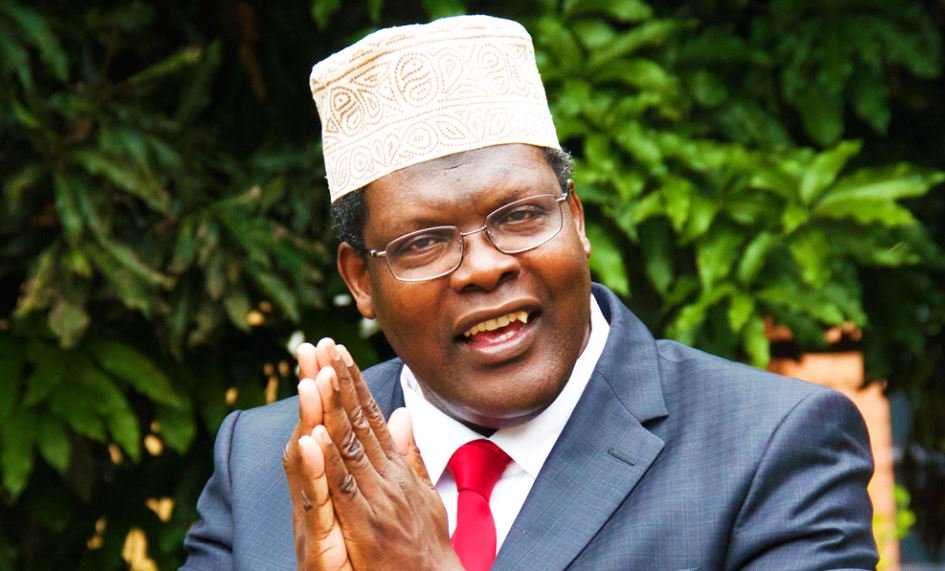





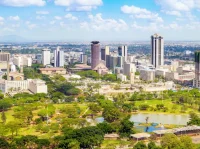

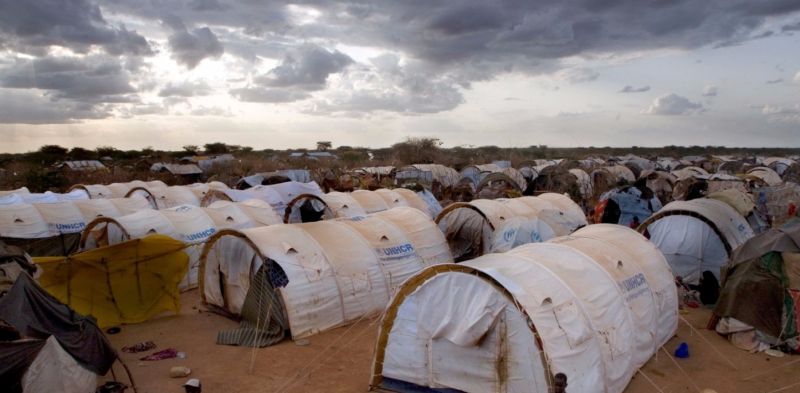
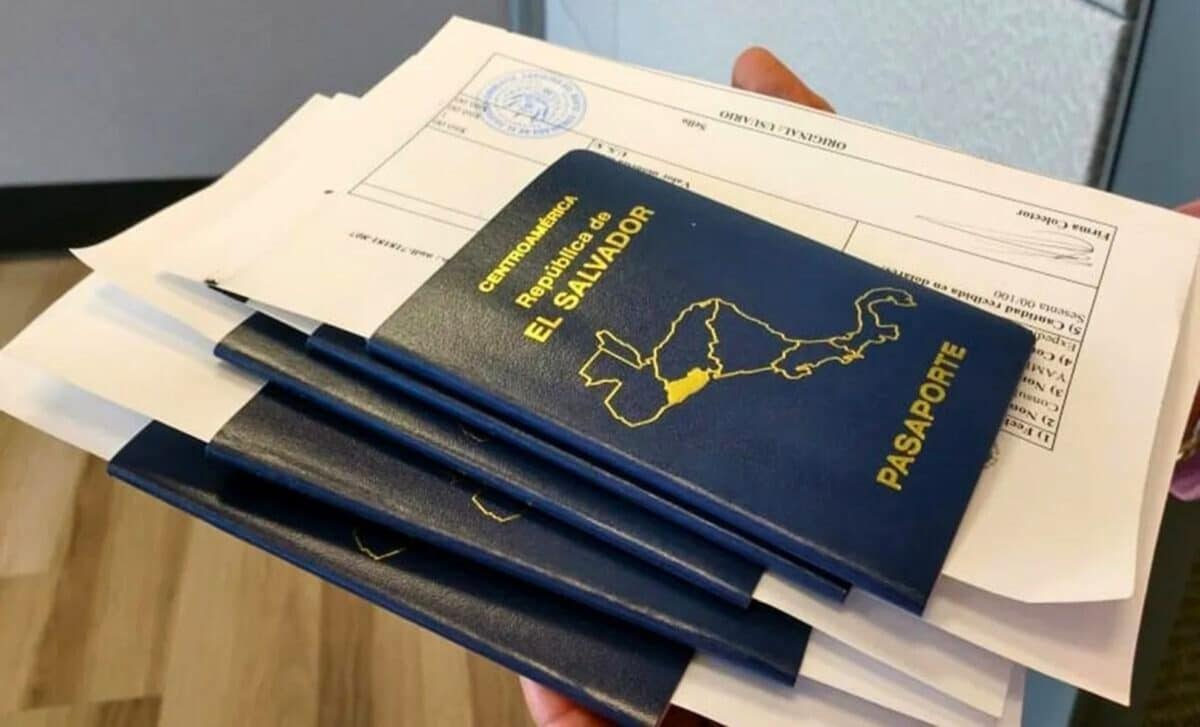
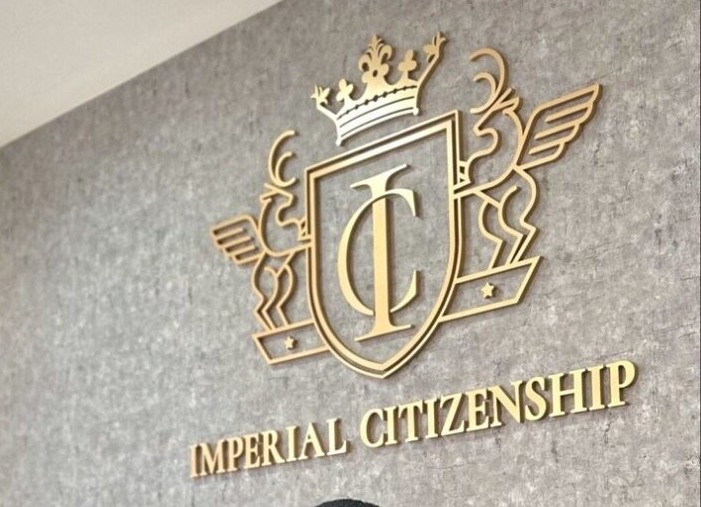
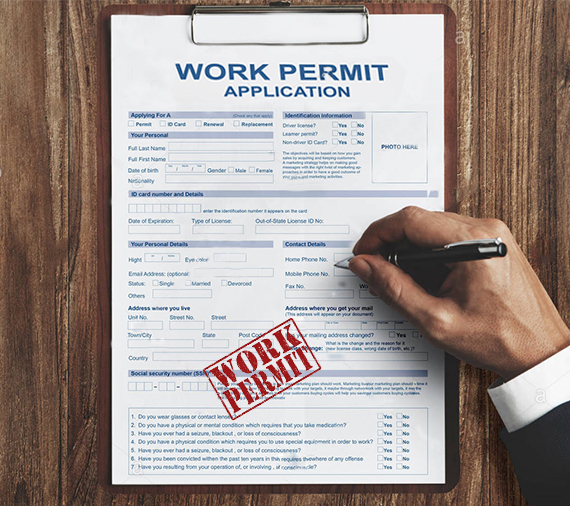
Leave a comment